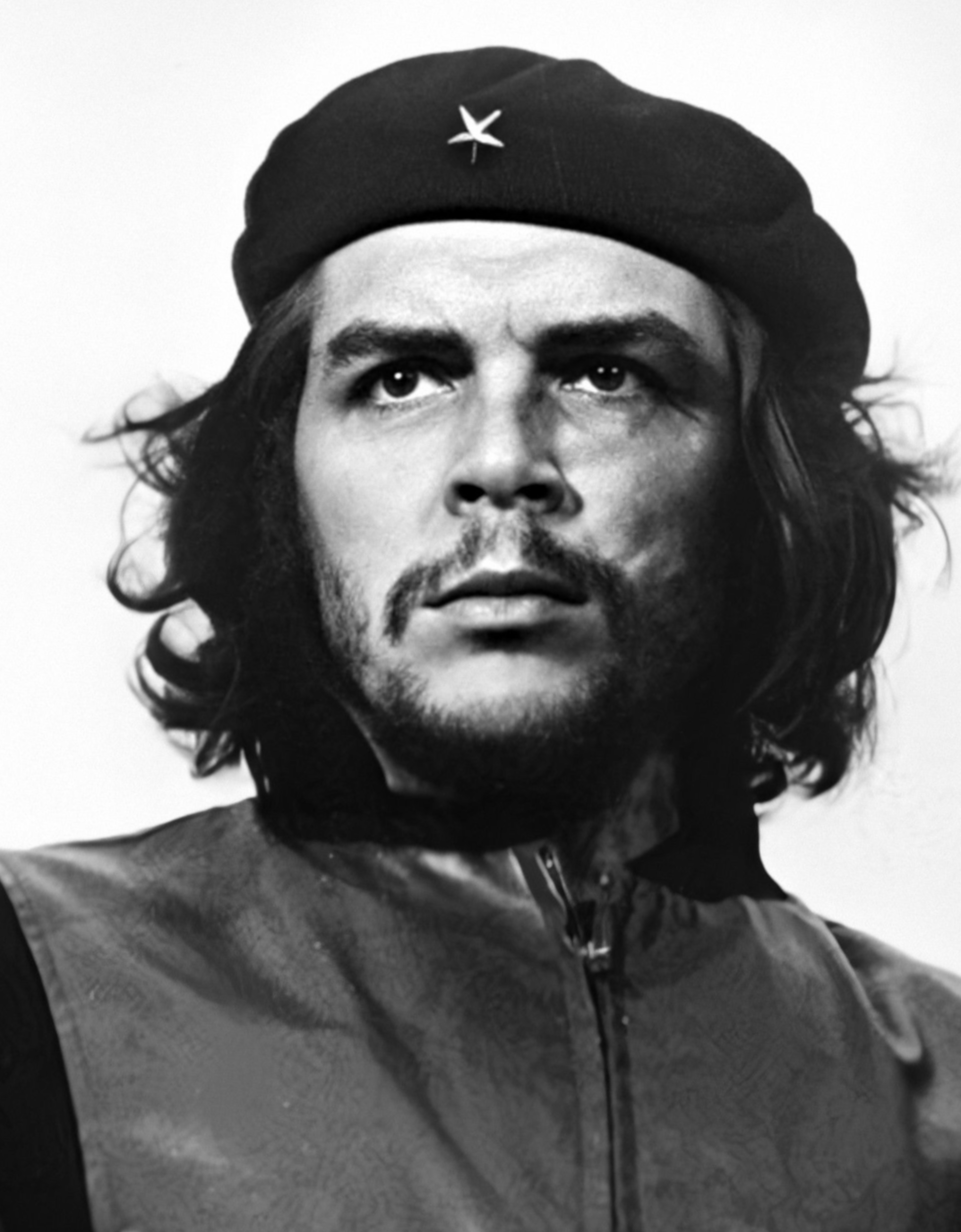In Honor of Anniversary Of The July 26th
Movement
From The Pen Of Frank Jackman (2015)
Every leftist, hell, everybody
who stands on the democratic principle that each nation has the right to self-determination
should cautiously rejoice at the “defrosting” of the long-time diplomatic
relations between the American imperial behemoth and the island of Cuba (and
the freedom of the remaining Cuban Five in the bargain). Every leftist militant
should understand that each non-capitalist like Cuba going back to the establishment
of the now defunct Soviet Union has had the right (maybe until we win our socialist
future the duty) to make whatever advantageous agreements they can with the
capitalist world. That despite whatever disagreements we have with the political
regimes ruling those non-capitalist states. That is a question for us to work
out not the imperialists.
For those who have
defended the Cuban Revolution since its victory in 1959 under whatever political
rationale (pro-socialist, right to self-determination, or some other hands off
policy) watching on black and white television the rebels entering Havana this
day which commemorates the heroic if unsuccessful efforts at Moncada we should
affirm our continued defense of the Cuban revolution. Oh yes, and tell the American
government to give back Guantanamo while we are at it.
DVD REVIEW
Fidel: The Untold Story, Directed by Estela Bravo, 2002
This year marks the 56th anniversary of the Cuban July 26th movement, the 50th anniversary of the victory of the Cuban Revolution and the 42nd anniversary of the execution of Ernesto ‘Che’ Guevara by the Bolivian Army after the defeat of his guerrilla forces and his capture in godforsaken rural Bolivia. I have reviewed the life of Che elsewhere in this space (see July archives, dated July 5, 2006). The Cuban Revolution stood for my generation, the Generation of '68, and, hopefully, will for later generations as a symbol of revolutionary intransigence against American imperialism.
Thus, it is fitting to review a cinematic biographic sketch of Che’s comrade and central leader of that revolution, Fidel Castro. Obviously, it is harder to evaluate the place in history of the disabled, but still living, Fidel than the iconic Che whose place is secured in the revolutionary pantheon. The choice of this documentary reflected my desire to review a recent post- Soviet biographic sketch (originally released in 2002). Usually one must accept by now that most Western biographic sketches have various degrees of hostility to the Castro regime and the Cuban Revolution. The director here, Ms. Bravo, is apparently an exception. After viewing this sketch I find that it gives a reasonable account of the highlights of Fidel’s life thus far and for those not familiar with the Fidel saga a good place to start. To get a more detailed analysis one, as always, then goes to the books to get a better sense of the subject.
Let us be clear about two things. First, this writer has defended the Cuban Revolution since its inception; initially under a liberal- democratic premise of the right of nations, especially applicable to small nations pressed up against the imperialist powers, to self-determination; later under the above-mentioned premise and also that it should be defended on socialist grounds, not my idea of socialism- the Bolshevik, 1917 kind- but as an anti-capitalist, anti-imperialist revolution nevertheless. That prospective continues to be this writer’s position today. Secondly, my conception of revolutionary strategy and thus of world politics has for a long time been far removed from Fidel Castro’s (and Che’s) strategy, which emphasized military victory by guerrilla forces in the countryside, rather than my position of mass action by the urban proletariat leading the rural masses. That said, despite those strategic political differences this reviewer can honor the Cuban Revolution as a symbol of a fight all anti-imperialist militants should defend.
Ms. Bravo's rather more positive prospective obviously differs from mine. Nevertheless she has presented interesting footage focusing on the highlights of Fidel’s career; the early student days struggling for political recognition; the initial fights against Batista; the famous but unsuccessful Moncada attack; the subsequent trial, imprisonment and then exile in Mexico; the return to Cuba and renewed fight under a central strategy of guerrilla warfare rather than urban insurrection; the triumph over Batista in 1959; the struggle against American imperialist intervention and the nationalizations of much of Cuba’s economy; the American-sponsored Bay of Pigs in 1961; the rocky alliance with the Soviet Union and the Cuban Missile Crisis; the various ups and downs in the Cuban economy stemming from reliance on the monoculture of sugar; the various periods of Cuban international revolutionary support activity, including Angola and Nicaragua; the demise of the Soviet Union and the necessity of Cuba to go it alone along with its devastating hardships; and, various other events up through the 1990’s.
All of this is complete with the inevitable ‘talking heads’ experts interspersed throughout the documentary giving their take on the meaning of various incidents. Of interest here is the take of the former CIA interest section head Smith, former American radical Angela Davis and the novelist and long time Castro friend Gabriel Garcia Marquez. There is plenty of material to start with and much to analyze. As mentioned before Che’s place is secure and will be a legitimate symbol of rebellion for youth for a long time. Fidel, as a leader of state and a much more mainline Stalinist (although compared with various stodgy Soviet leaderships that he dealt with over the years he must have seemed like their worst Trotsky nightmare) has a much less assured place. Alas, the old truism holds here - revolutionaries should not die in their beds. As always though- Defend The Cuban Revolution- End The U.S. Blockade!.
